H. D. F. Kitto - Form and meaning in drama : a study of six greek plays and of Hamlet
Here you can read online H. D. F. Kitto - Form and meaning in drama : a study of six greek plays and of Hamlet full text of the book (entire story) in english for free. Download pdf and epub, get meaning, cover and reviews about this ebook. year: 1960, publisher: Methuen & Co. Ltd., genre: Science. Description of the work, (preface) as well as reviews are available. Best literature library LitArk.com created for fans of good reading and offers a wide selection of genres:
Romance novel
Science fiction
Adventure
Detective
Science
History
Home and family
Prose
Art
Politics
Computer
Non-fiction
Religion
Business
Children
Humor
Choose a favorite category and find really read worthwhile books. Enjoy immersion in the world of imagination, feel the emotions of the characters or learn something new for yourself, make an fascinating discovery.
- Book:Form and meaning in drama : a study of six greek plays and of Hamlet
- Author:
- Publisher:Methuen & Co. Ltd.
- Genre:
- Year:1960
- Rating:5 / 5
- Favourites:Add to favourites
- Your mark:
- 100
- 1
- 2
- 3
- 4
- 5
Form and meaning in drama : a study of six greek plays and of Hamlet: summary, description and annotation
We offer to read an annotation, description, summary or preface (depends on what the author of the book "Form and meaning in drama : a study of six greek plays and of Hamlet" wrote himself). If you haven't found the necessary information about the book — write in the comments, we will try to find it.
Form and meaning in drama : a study of six greek plays and of Hamlet — read online for free the complete book (whole text) full work
Below is the text of the book, divided by pages. System saving the place of the last page read, allows you to conveniently read the book "Form and meaning in drama : a study of six greek plays and of Hamlet" online for free, without having to search again every time where you left off. Put a bookmark, and you can go to the page where you finished reading at any time.
Font size:
Interval:
Bookmark:

Kitto, H. D. F. (Humphrey Davy Findley)
This book was produced in EPUB format by the Internet Archive.
The book pages were scanned and converted to EPUB format automatically. This process relies on optical character recognition, and is somewhat susceptible to errors. The book may not offer the correct reading sequence, and there may be weird characters, non-words, and incorrect guesses at structure. Some page numbers and headers or footers may remain from the scanned page. The process which identifies images might have found stray marks on the page which are not actually images from the book. The hidden page numbering which may be available to your ereader corresponds to the numbered pages in the print edition, but is not an exact match; page numbers will increment at the same rate as the corresponding print edition, but we may have started numbering before the print book's visible page numbers. The Internet Archive is working to improve the scanning process and resulting books, but in the meantime, we hope that this book will be useful to you.
The Internet Archive was founded in 1996 to build an Internet library and to promote universal access to all knowledge. The Archive's purposes include offering permanent access for researchers, historians, scholars, people with disabilities, and the general public to historical collections that exist in digital format. The Internet Archive includes texts, audio, moving images, and software as well as archived web pages, and provides specialized services for information access for the blind and other persons with disabilities.
Created with abbyy2epub (v.1.6.9)
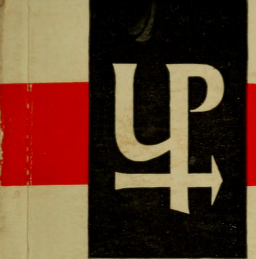
UP-2SI.95
UNIVERSITY PAPERBAC

Form andMeaningin Drama
H. D. F. KITTO
Professor Kitto analyses six Greek tragediesthe Orestes trilogy, Ajax, Antigone andPhiloctetesand Hamlet. There is also achapter on the Greek and the Elizabethandramatic forms, and one on religious drama.
'The reader is aware throughout of theworkings of a stringent and sensitive in-telligence, and the whole book continuallystimulates and delights. Professor Kitto isan adept in his own discipline, and we areconstantly turned back to the text, andmade to reconsider and re-experience it.'The Use of English
'A critical work of astonishing breadth andbrilliance.'
Times Educational Supplement
UNIVERSITY PAPERBACKSU.P. 2
Preface
IT has not been easy to choose a legitimate title for this book,which discusses, in detail, three plays by Aeschylus, three bySophocles, and one of Shakespeare's. The reason for thechoice of the six Greek plays is that I wished to expand, amendor destroy what I had written about them before. The reasonwhy my earlier criticism seemed unsatisfactory was always thesame: it did not honestly or completely account for the form andstyle in which the dramatist had cast the play. I have come tobelieve more firmly, and I hope to follow more consistently, asa principle of criticism, the idea that in a great work of art,whether a play, a picture, or a piece of music, the connexionbetween the form and the content is so vital that the two maybe said to be ultimately identical.
If this is true, it follows that it is quite meaningless to con-sider one of them without constant reference to the other. Itseems that when a critic approaches a play in the grand manner,as a philosopher, a historian of ideas, or of literature, he can sayalmost anything about it, according to his own sympathies andprepossessions. But there is a simple control: we can look at thestructure of the play, in all its details. If the interpretation thatwe advance implies that the play is imperfectly designed, theneither the dramatist has not done his job very well, or the critichas failed in his. The presumption with Aeschylus, Sophoclesand Shakespeare when he wrote Hamlet, is that the dramatistwas competent. If the dramatist had something to say, and ifhe was a competent artist, the presumption is that he has saidit, and that we, by looking at the form which he created, canfind out what it is.
At this point two important questions arise: what does adramatist 'say'? and how does he say it?
The art of drama does not consist simply of language; lan-guage is only onethough the most importantof its means ofsaying things. Others, obviously, are the dramatic juxtapositionof situations and persons, the 'timing' of events, gesture, tone,
visual effects, many other such things. In a highly integratedwork of dramatic art, these are not adventitious ornaments; theyare among the means which the dramatist uses for saying whathe means. Some of them, evidently, can be realised only inperformance, where they are conjecturally restored by the pro-ducer and the actorswho may be wrong. Nevertheless, someof the most importantthose which may be classed as belongingto structure and style are available to the reasonably sensitivecritic, and if he does not use them, but conscientiously 'sticks tothe text', he is neglecting part of his evidence, and that is notscientific or scholarly procedure. In the plays under discussionthere are several instances where the dramatist 'says' things ofthe utmost importance without using a single word. After all,if he could not do this he would not be much of a dramatist.
Secondly, what does a dramatist 'say'? It is one theoryandI think that it commands respectthat a work of art means onlyitself; that if for example we are asked what the Antigonemeans, the only answer is that it means the Antigone. Never-theless, if a musician should declare that one difference betweenBeethoven and Cherubini is that Beethoven had something tosay, and Cherubini hadn't, we should understand what hemeant, even though it is only in a general and tentative waythat wre can distinguish what a composer 'says' from the soundsand patterns that he creates. In this respect drama is differentfrom music, as Paradise Lost is different from a breath-takinglyric; especially is classical drama different. There are somekinds of dramaimpressionistic drama, light comedy, farcewhich, like music, do not 'say' anything that we can translateinto prose; they exist for their own sake, and are none the worsefor that. But classical drama, especially tragedy, deals seriouslyand consciously with serious things, so that it is possible, up to apoint, to state in logical terms what the dramatist 'means', andto do it in some detail. It was not out of childlike naivete thatthe Greeks asserted that the artist was a teacher. They mightequally have said that the teacher was an artist; the reason whythey did not was that up to the fifth century they had had noteachers who were not artists: the fact was too obvious to needpointing out. In our own times Aeschylus, for example, hasalways, and rightly, been regarded as a profound and seriousthinker; and I am bold enough to say that the only reason why
PREFACE fii
the profundity of Sophocles' thought has not always been ap-preciated is that his art has not always been properly appreciatedeither. But it remains true that drama, like music, is an art $that its real 'meaning' is the total impact which it makes on thesenses and the spirit and the mind of the audience 5 and thatwhen we reduce it to the logical formulae of prose, as the criticmust, we are gravely attenuating it. We are making a kind oftranslationj and translations can be poor ones.
Next pageFont size:
Interval:
Bookmark:
Similar books «Form and meaning in drama : a study of six greek plays and of Hamlet»
Look at similar books to Form and meaning in drama : a study of six greek plays and of Hamlet. We have selected literature similar in name and meaning in the hope of providing readers with more options to find new, interesting, not yet read works.
Discussion, reviews of the book Form and meaning in drama : a study of six greek plays and of Hamlet and just readers' own opinions. Leave your comments, write what you think about the work, its meaning or the main characters. Specify what exactly you liked and what you didn't like, and why you think so.

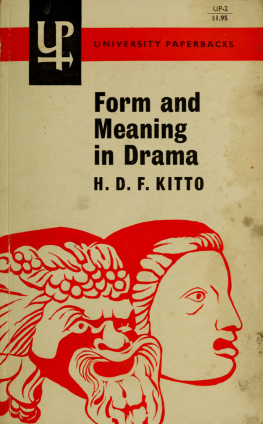
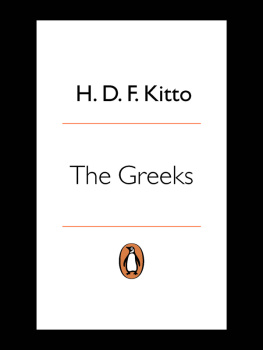
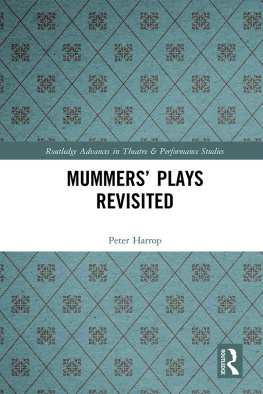
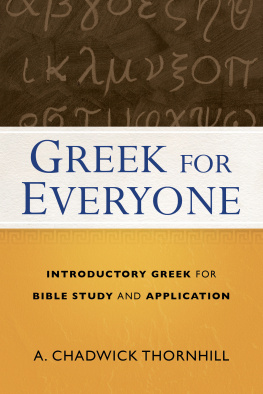
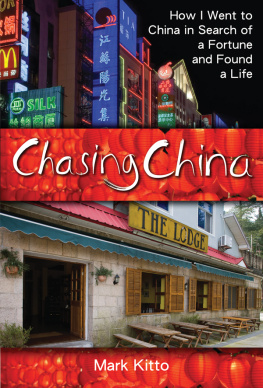
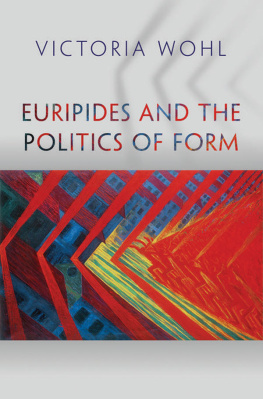

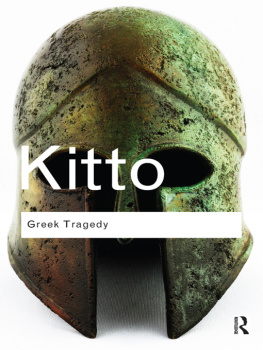
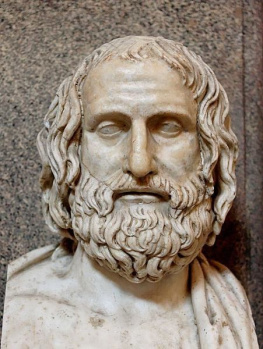
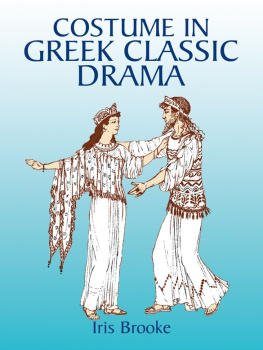
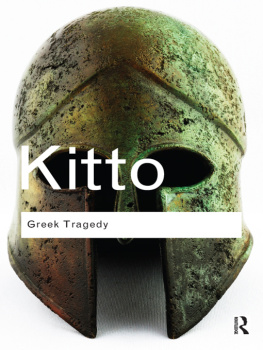
![Euripides - Classic Greek Drama: 10 Plays by Euripides in a Single File [NOOK Book]](/uploads/posts/book/43473/thumbs/euripides-classic-greek-drama-10-plays-by.jpg)